As a representative of the global Internet community, the usTLD Administrator is dedicated to creating a safe and secure namespace for registrants and users worldwide and we have been helping fight domain name abuse and illegal online activity for more than 20 years.
Our policies allow for the ability to suspend domain names, or take other action as necessary, if being used in a manner that appears to threaten the stability, integrity or security of the registry, any of our registrar partners, and/or those that may put the safety and security of any registrant or user at risk.
Our Acceptable Use and Registration Policies may be triggered through a variety of channels, including, among other things, private complaint, public alert, government or law enforcement agency outreach, and monitoring through the use of computer forensics and information security technological services.
To report abusive or illegal activity for .US domain names, please use the link below. In order to successfully process any reported activity, please complete the online form and provide all required details so the investigations team can research the complaint effectively.
By clicking the link above, you will be redirected to the GoDaddy Registry Domain Abuse Center which supports domain name abuse complaints for many top-level domains, including the .US domain name.
The following are some (but not all) activities that may trigger usTLD Registrars or the usTLD Administrator to take action:
- PHISHING: the attempt to acquire personally identifiable information by masquerading as a website other than your own.
- PHARMING: the redirection of Internet users to websites other than those the user intends to visit, usually through unauthorized changes to the Hosts file on a victim’s computer or DNS records in DNS servers.
- DISSEMINATION OF MALWARE: the intentional creation and distribution of "malicious" software designed to infiltrate a computer system without the owner’s consent, including, without limitation, computer viruses, worms, key loggers and Trojans.
- FAST FLUX HOSTING: a technique used to shelter Phishing, Pharming and Malware sites and networks from detection and to frustrate methods employed to defend against such practices, whereby the IP address associated with fraudulent websites are changed rapidly so as to make the true location of the sites difficult to find.
- BOTNETTING: the development and use of a command, agent, motor, service or software which is implemented:
- to remotely control the computer or computer system of an Internet user without their knowledge or consent,
- to generate direct denial of service (DDOS) attacks.
- MALICIOUS HACKING: the attempt to gain unauthorized access (or exceed the level of authorized access) to a computer, information system, user account or profile, database, or security system.
- SPAM (AS A MECHANISM FOR DNS ABUSE): using unsolicited bulk email as a delivery mechanism for malware, botnets, phishing and/or pharming.
- ILLEGAL SALE OF PHARMACEUTICALS ONLINE: selling counterfeit, adulterated or unapproved drugs or dispensing prescription drugs without a valid prescription on websites.
- CHILD SEXUAL ABUSE MATERIAL (CSAM): the storage, publication, display and/or dissemination of pornographic materials depicting individuals under the age of majority in the relevant jurisdiction.
The usTLD Administrator reserves the right to deny, cancel or transfer any registration or transaction, or place any domain name(s) on registry lock, hold or similar status, that it deems necessary, in its discretion if it reasonably concludes that the domain name is being used in a manner that appears to (i) threaten the stability, integrity or security of the usTLD, the DNS or the global Internet, or any of its registrar partners and/or (ii) put the safety and security of any registrant or user at risk. The process also allows the Registry to take proactive measures to detect and prevent criminal conduct or cybersecurity threats.
